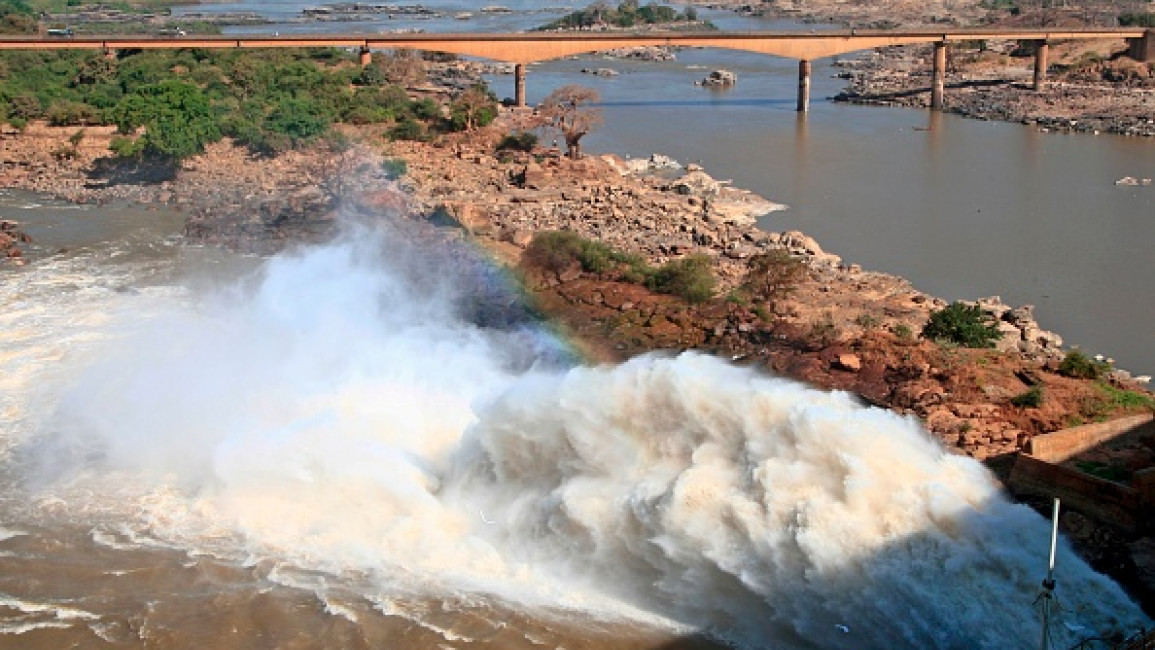31 dead in tribal clashes in Sudan's Blue Nile state, near Ethiopia border
At least 31 people have been killed in clashes this week between two tribes in Sudan's Blue Nile state bordering Ethiopia, the security services said on Saturday.
They added that another 39 people had been wounded and 16 shops torched during the violence, which erupted on Monday over a land dispute between the Berti and Hausa tribes.
Clashes resumed close to the state capital Al-Damazin on Saturday, witnesses said.
"We heard gun shots," resident Fatima Hamad told AFP from the city of Al-Roseires across the river from Al-Damazin, "and saw smoke rising" from the south.
Al-Damazin resident Ahmed Youssef said that "dozens of families" crossed the bridge into the city to flee the unrest.
Soldiers were deployed and a night curfew was imposed on Saturday, a day after Blue Nile governor Ahmed al-Omda issued an order prohibiting any gatherings or marches for one month.
An urgent appeal for blood donations was launched by hospitals for the treatment of casualties from the unrest, according to medical sources.
The violence broke out after the Berti tribe rejected a Hausa request to create a "civil authority to supervise access to land", a prominent Hausa member told AFP on condition of anonymity.
But a senior member of the Bertis said the tribe was responding to a "violation" of its lands by the Hausas.
The Qissan region and Blue Nile state more generally have long seen unrest, with southern guerrillas a thorn in the side of Sudan's former strongman president Omar al-Bashir, who was ousted by the army in 2019 following street pressure.
Experts say last year's coup, led by army chief Abdel Fattah al-Burhan, created a security vacuum that has fostered a resurgence in tribal violence, in a country where deadly clashes regularly erupt over land, livestock, access to water and grazing.



